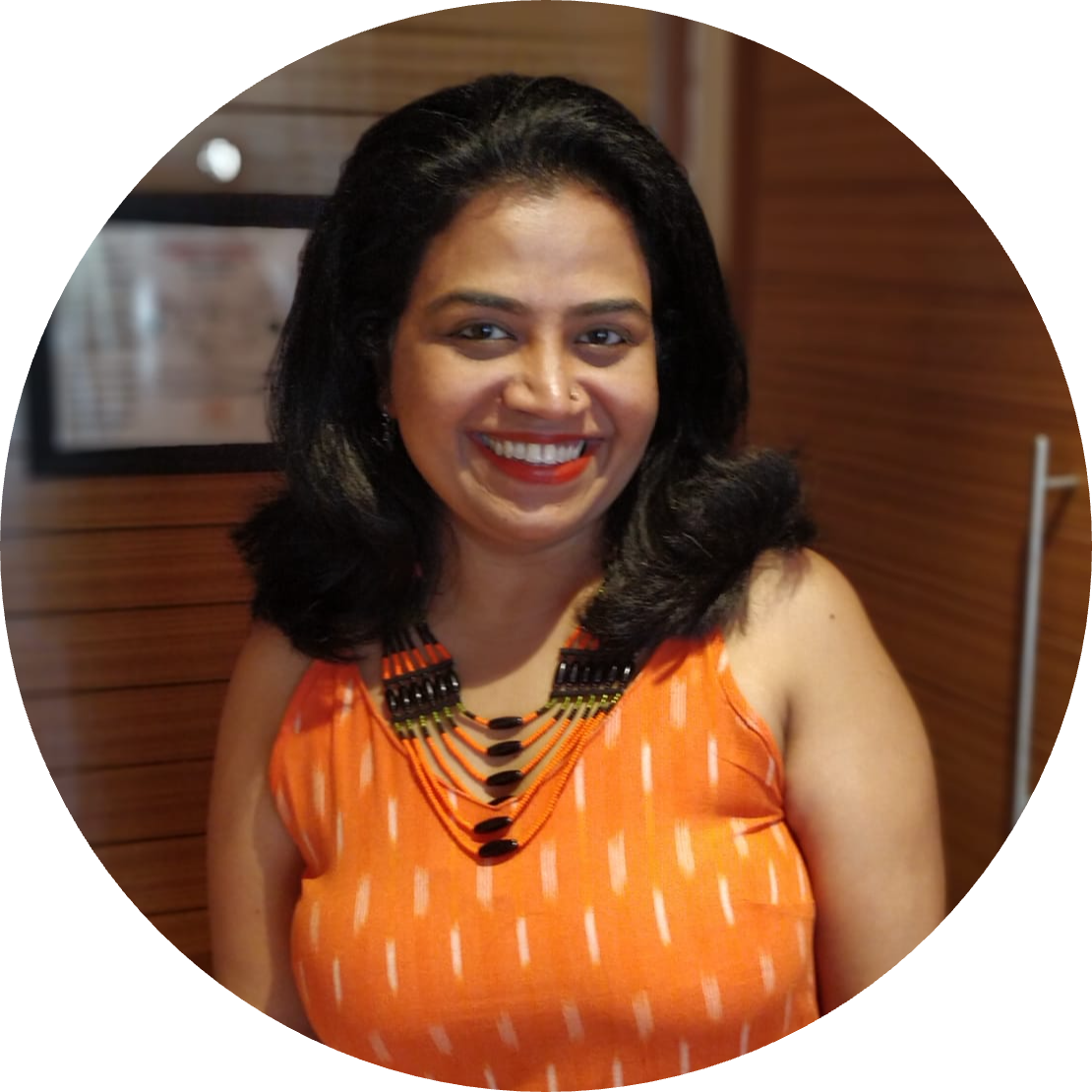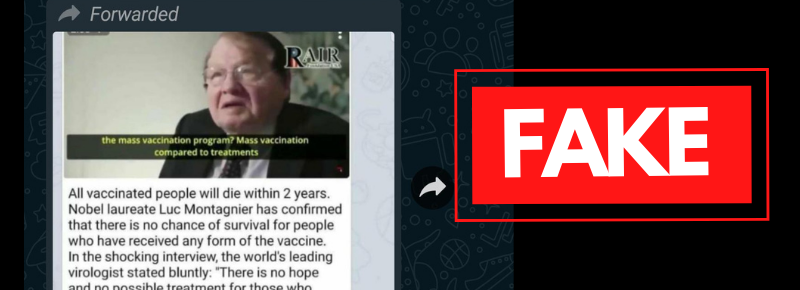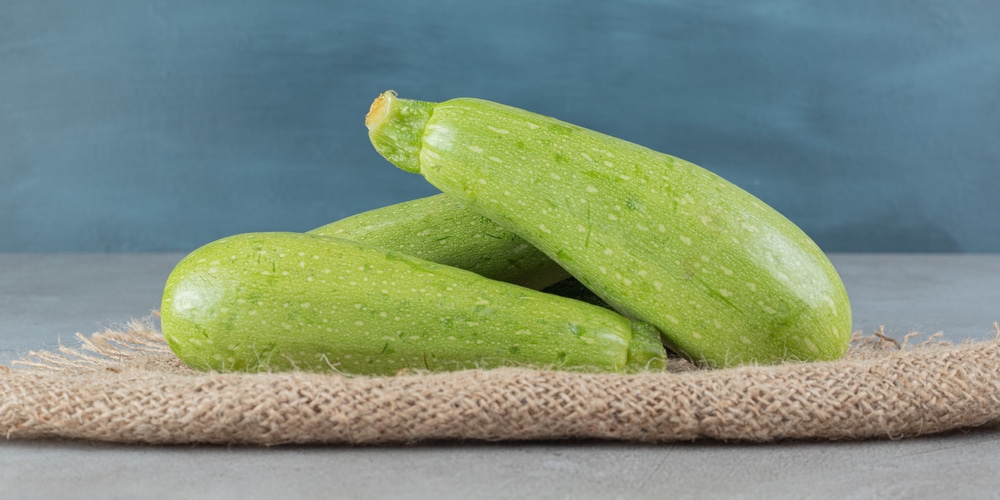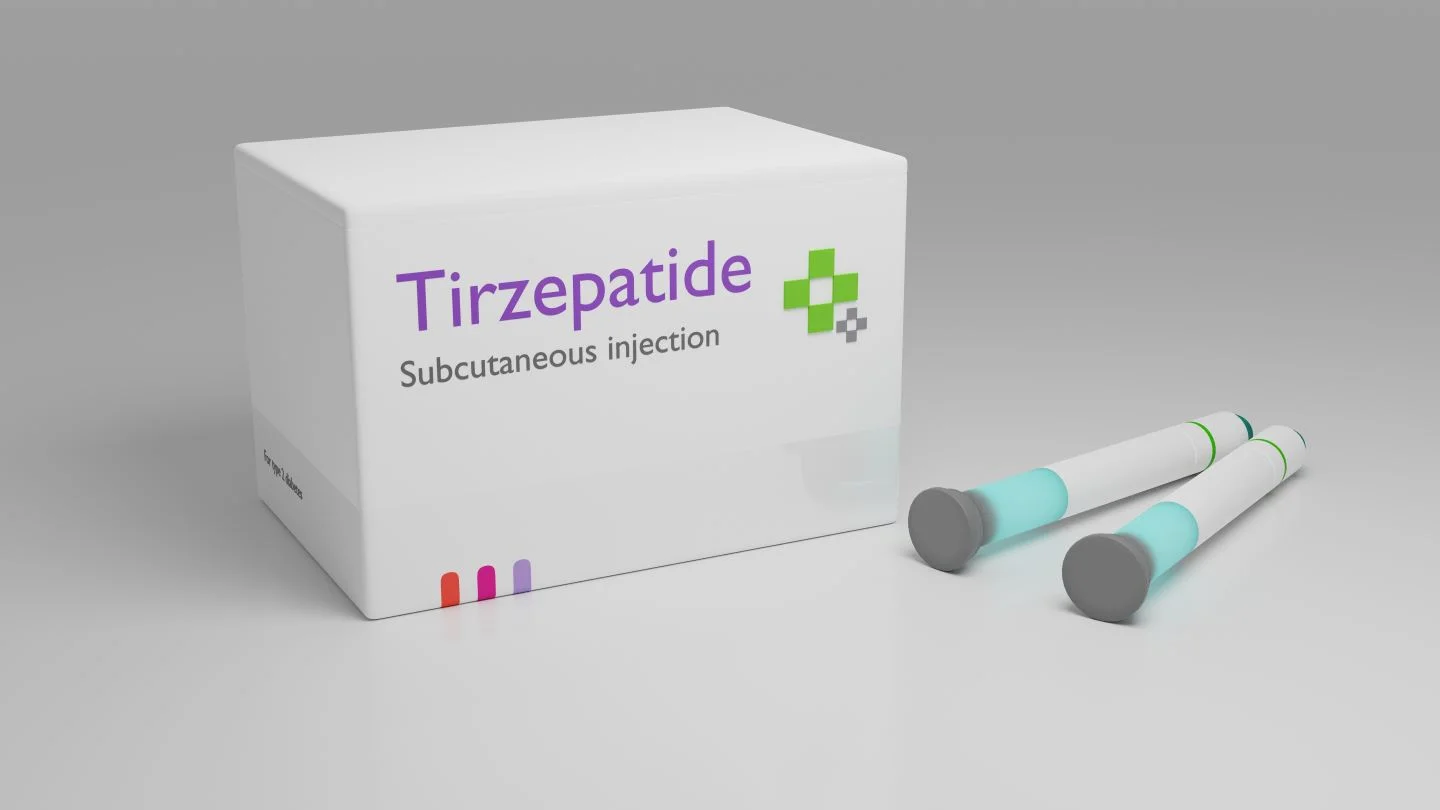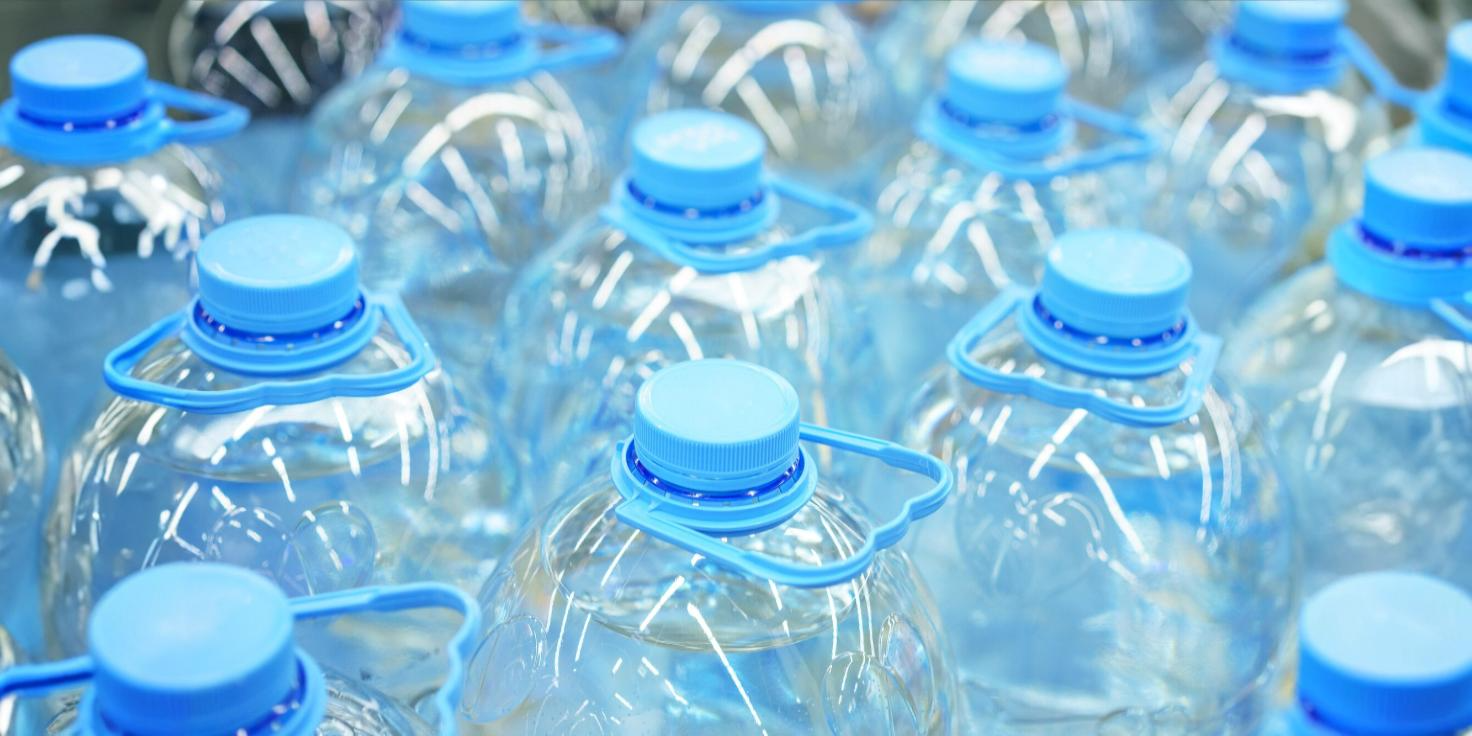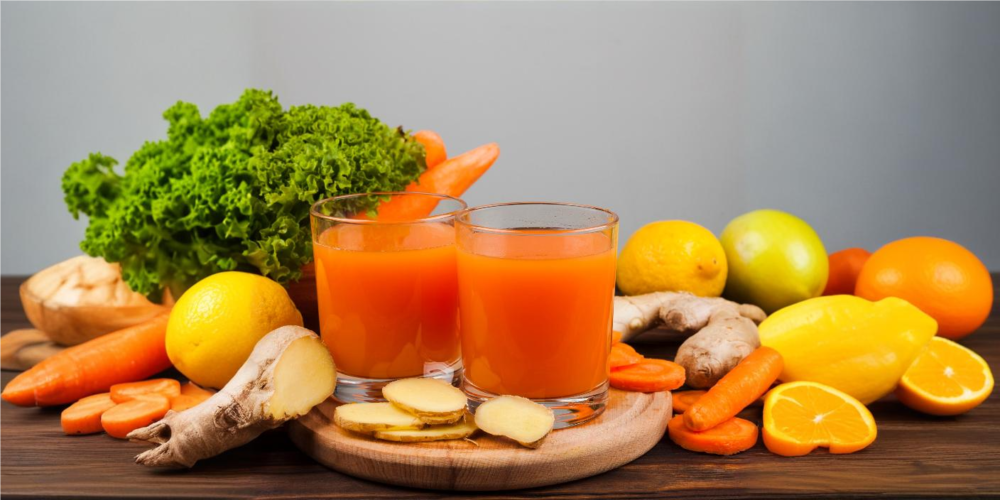Bridging the Gap: Making Health Information Accessible
Author
Author
- admin / 2 years

- 0
- 2 min read
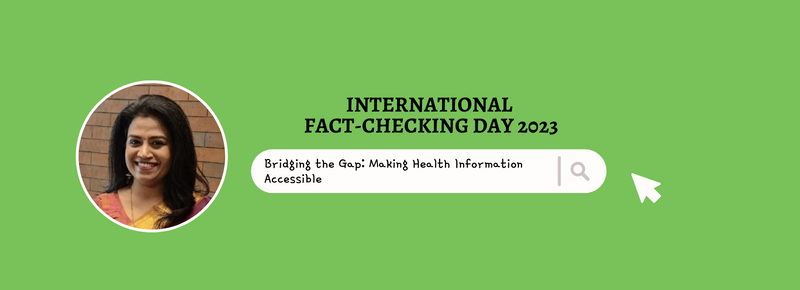
Author
As a verified signatory of IFCN, First Check has been working resolutely towards making health fact-checking a part of the mainstream discourse.
By Jisha Krishnan
International Fact-Checking Day, is promoted by the International Fact-Checking Network (IFCN) in partnership with fact-checking organisations around the world.
I have a question for you: What do you do when someone shares a glorious anecdote about a “miracle cure” or “quick fix” for a chronic health condition? Say, an unproven alternative therapy, sans the side effects of chemotherapy or radiation therapy, for cancer. Or, a home-made natural juice to prevent COVID or H2N3 flu.
The easiest thing, perhaps, is to say nothing. Maintain the status quo. If you feel strongly enough about the subject, maybe, you’ll point out the medical loopholes in the story. Tell them why it can’t possibly be true.
The most challenging – and rewarding – response, in my opinion, would be to listen wholeheartedly and let them know that you hear and understand their viewpoint, even if you may not agree with them. Can you be the listener you seek?
At First Check, we believe that people are capable of making rational health decisions, provided they have access to accurate and adequate information. These can be life-and-death decisions, choices that affect the quality of one’s life, relationships, and so much more.
In our experience, most people who believe misleading health claims are, often, just looking for some reassurance, or trying to make sense of conflicting information available to them. They are not always averse to facts; sometimes, they don’t know any better.
Health fact-checking requires nuanced thinking and empathic communication. Scientific explanations need to be balanced by the ability of the community to comprehend and adopt critical thinking. It’s counterproductive to bombard people with an excess of information they struggle to make sense of.
Through a unique global collaboration with doctors, medical researchers, healthcare professionals, and other domain experts, First Check attempts to make timely and accurate health information easily accessible, understandable, and usable.
Because it’s not just the job of fact-checkers to debunk health-related misinformation and disinformation. As a society, we all need to play our part, no matter how big or small, to foster a healthier information ecosystem.
In case you wish to check the veracity of any health-related claims, you can mail us at hello@uwsi.firstcheck.in or WhatsApp us on +91 9311 223145.





